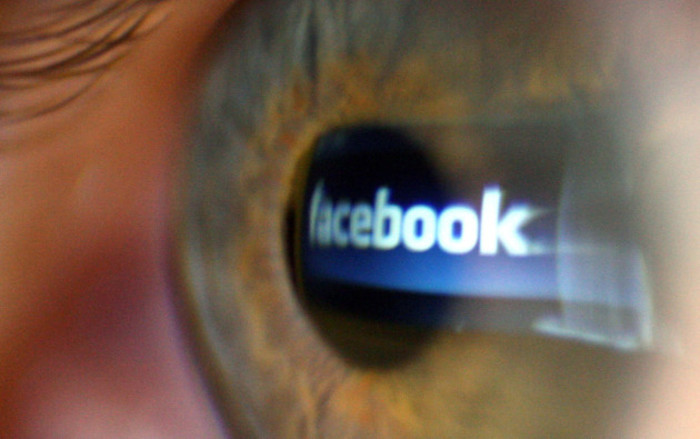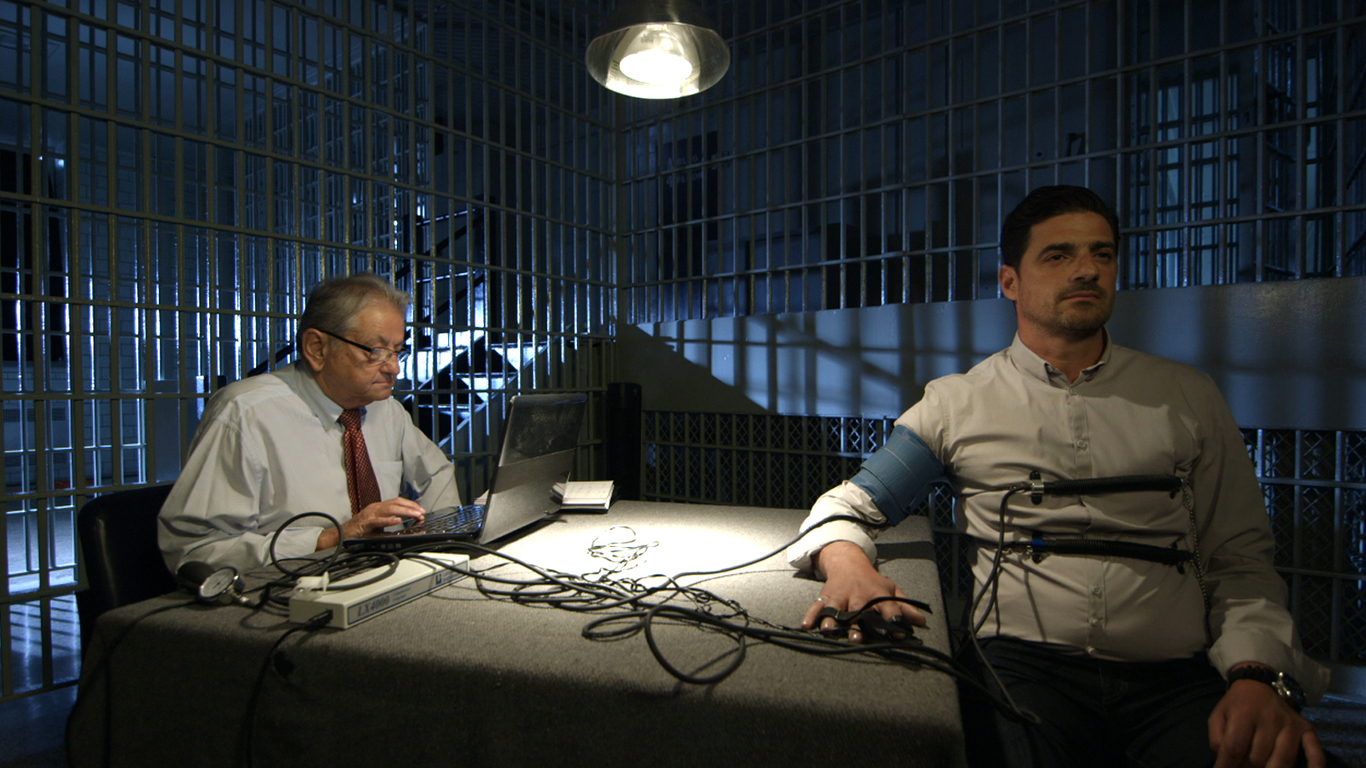'Trust is as important as ever, but it's now a product of digital technology more than faith'
Employers can find out virtually everything they need to know about a person with a few clicks.
TODAY I HAVE at my disposal an arsenal of technologies that allows me to know if you are lying and if you truly are who you say you are. With a few clicks I can pull up your whole life’s history.
Years ago, you took a person at their word. If they said they worked at company X or Y you could, if you wanted, make a quick phone call to a friend and check them out. Today, trust is as important as it ever was, but it is now a product of digital technology more than faith.
While employers might like to hook a job candidate onto an old-fashioned lie-detector during an interview, the truth is that don’t even have to. Computer voice-stress analysis requires no wires attached to the ‘subject’ – just a microphone connected to a PC. The technology costs as little as €150.
When it comes to identity verification, many smartphones incorporate live-scan technology in place of a password to check the user’s identity and open the lock screen. Digital fingerprinting is now a daily occurrence at US airports. Retinal scans have been added to the biometric list of identification tools that governments use.
These tools make it nearly impossible to verbally lie about who you are. But what is to stop a job applicant from creating any number of false written records, ranging from birth certificates to diplomas to employment histories?
At my firm, we have a network of trusted contacts though whom we seek qualified job candidates. We maintain a database of tens of millions of potentially qualified names. Just who are these millions and millions of people? It is surprisingly easy to find out.
Not only do many vendors and government agencies offer specialised software tools for the online verification of personal data, the internet continually captures the digital footprints of everyone who uses it.

A digital footprint
Your footprint spreads far and wide, scattered in many places throughout the web, but the data is often discoverable, recoverable and subject to collation and analysis.
As a growing number of public figures have discovered, you may espouse or deny some political or moral position today, but if you said something else yesterday, a month ago, or 10 years ago, the contradiction can certainly be found waiting on the web.
In our internet age, there is little or nothing you can do to control the micro-tremors in your voice, and there is absolutely nothing practical you can do about your fingerprints and retinal patterns. You can, however, do a lot to shape the footprint you create on the web.
Understand that sitting at your keyboard, alone, with Facebook up on your screen tempts you to relax your customary social wariness and to ignore your faculty of prudent self-censorship.
Yet the very digital environment that fosters such impulsiveness also broadcasts, records, ramifies, magnifies and propagates impulse and the consequences of impulse.
Online, the thoughtless act of a moment may instantly become the property of the whole world, creating a digital footprint that is as permanent as the one Neil Armstrong left in the dust of the moon.
So, cope with lie detection by always telling the truth. Cope with identity verification by always being who you are. And shape your digital footprint by following the centuries-old example of all great and successful businesspeople.
With every record you create online – every email, every text, every posting on Twitter or the social web – fashion for yourself a ‘brand’. Think of it as proof of your personal values and the value you offer to others.
Use cyberspace to present yourself to the world consciously, thoughtfully and precisely as you want to be perceived by it, and as you want it to deal with you. I, and many others like me, will be seeing you.
Peter Casey is the founder and executive chairman of Claddagh Resources, an author and a former panellist on RTÉ’s Dragon’s Den.
If you want to share your opinion, advice or story, contact opinion@fora.ie.






